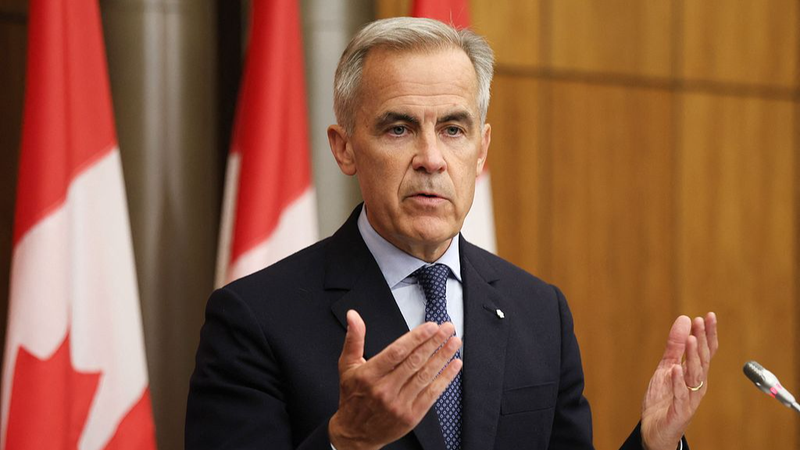As global outrage intensifies over the humanitarian crisis in Gaza, Canada has joined France and the UK in pledging official recognition of the State of Palestine at the UN General Assembly this September. Prime Minister Mark Carney, echoing concerns about a looming famine, told reporters the “prospect of a Palestinian state is literally receding before our eyes” as starvation grips the enclave.
France announced its own recognition plan last week, and the UK said it would follow suit if hostilities hadn’t ceased by the time of the UN meeting. Carney’s move, he explained, was driven by repeated assurances from the Palestinian Authority— the UN entity representing the State of Palestine—that it is undertaking governance reforms and will hold general elections in 2026 in which Hamas “can play no part.”
The international pressure comes amid dire warnings from global hunger monitors that Gaza is teetering on the brink of famine. The Gaza Health Ministry reported seven more hunger-related deaths on Wednesday, including a two-year-old girl with a pre-existing condition. Meanwhile, the Hamas-run government media office claims the Israeli military killed at least 50 people within three hours as they attempted to collect aid from UN trucks in the northern Gaza Strip.
Israel has introduced temporary 10-hour daily pauses in military operations and designated secure corridors for aid convoys delivering food and medicine. The UN Office for the Coordination of Humanitarian Affairs says more aid has reached Gaza during these pauses—but emphasizes the volume remains “still far from enough.”
Israel and the US have sharply criticized Canada’s announcement. The Israeli Foreign Ministry called the move a “reward for Hamas” that undermines efforts toward a ceasefire and hostage release framework. Prime Minister Benjamin Netanyahu echoed that sentiment, and a White House official, speaking on condition of anonymity, warned that recognition would unfairly bolster Hamas.
Yet for advocates of a two-state solution, recognition is a strategic step to revive diplomatic momentum. The State of Palestine has held non-member observer status at the UN General Assembly since 2012 and is recognized by over three-quarters of the body’s 193 members. Former US intelligence officer Jonathan Panikoff argues that while Canada’s decision may be largely symbolic, it serves to “increase pressure on Israel to compel it to return to a two-state paradigm.”
French President Emmanuel Macron, who discussed the move with Carney ahead of the announcement, called recognition a way to “revive a prospect of peace in the region.” But on the ground, ceasefire talks remain deadlocked. Netanyahu insists that any future Palestinian state must remain under Israeli security control—a position supported by far-right cabinet members who oppose both a ceasefire and expanded humanitarian aid.
The Gaza conflict has deepened divisions within Israel’s coalition government. Finance Minister Bezalel Smotrich has floated plans to rebuild Jewish settlements in Gaza, calling the territory “an inseparable part of the Land of Israel,” while security cabinet member Zeev Elkin suggested annexation threats to increase pressure on Hamas—moves that would likely dash Palestinian hopes of statehood on occupied land.
With the UN session looming and global voices uniting in calls for change, Canada’s alignment with France and the UK marks a pivotal moment in a conflict defined by humanitarian need and geopolitical brinkmanship. As young global citizens, business innovators, and changemakers watch closely, the question remains: will diplomatic recognition spark the breakthrough in diplomacy needed to halt Gaza’s descent into famine and reignite a path toward a two-state future?
Reference(s):
Global pressure mounts as Canada joins France, UK on Palestinian State
cgtn.com



